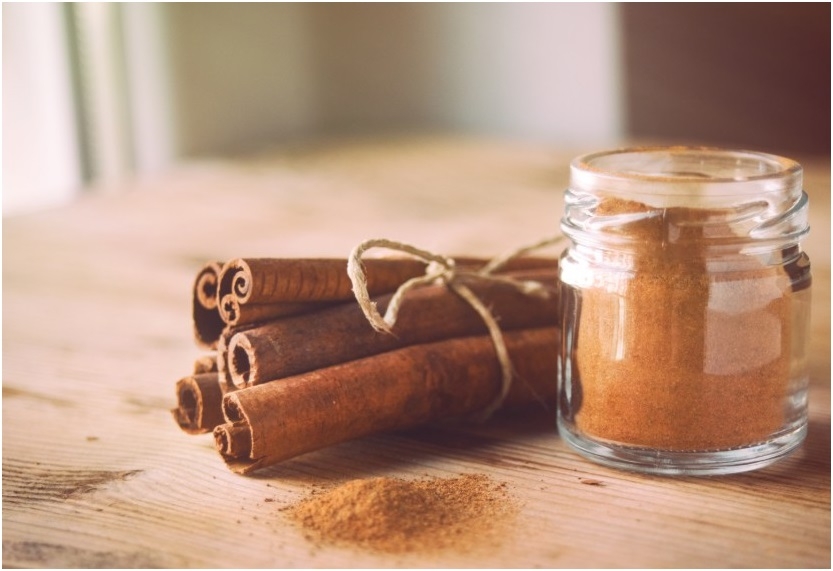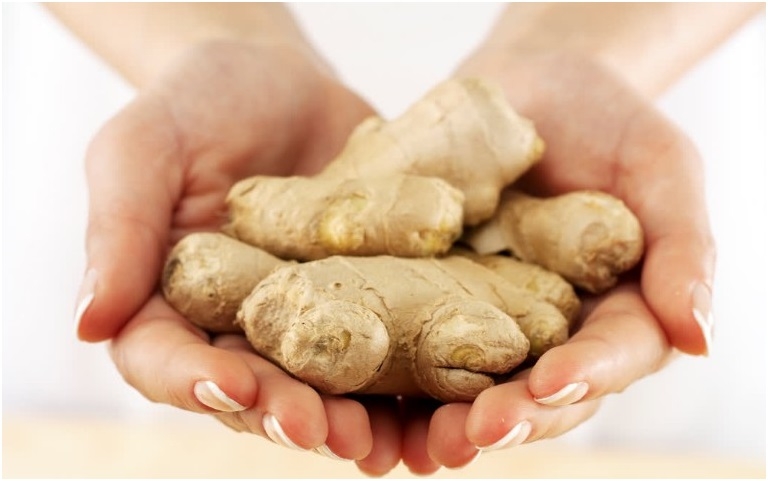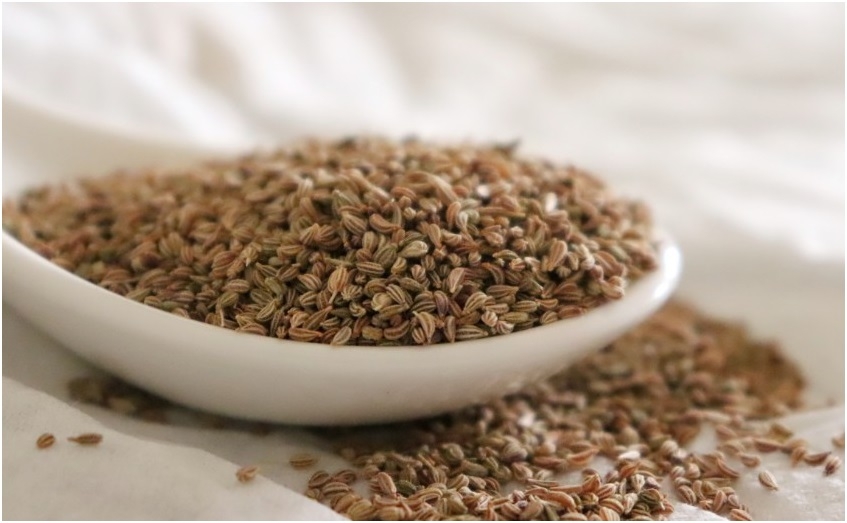Simple Everyday Kitchen Herbs That Have Big Health Benefits
Total Views |
Our ancestors travelled across
different terrains and faced changing seasons. They learned to turn to the
gifts of their surroundings for both sustenance and healing. Through trial,
observation, and a desire to live in harmony with nature, they discovered that
some of the simplest ingredients found in kitchens held extraordinary powers to
treat, nourish and rejuvenate. This age-old wisdom, lovingly passed down
through generations, lives on in the Unani system of medicine, where the
apothecary of everyday staples is relished and celebrated. Till today, in small
towns or villages, of if you have grandparents in your home can tell you how
magical these simple ingredients we find in our backyard or kitchens can do
wonders. Dr Naushad Ali Rana, Associate General Manager, Hamdard Wellness at
Hamdard Laboratories points out simple ingredients that can surely be used as
primary treatment option.

Cinnamon (Dalchini)
Since natural medicines have a
reputation to have been come from Unani medicine, cinnamon, which comes from
the bark of the Cinnamomum tree is a valued substance. According to classical
texts, Dr Rana says, it has antiseptic, anti-infective, and mild diuretic
properties and is a tonic for the liver, brain, and heart. "Cinnamon has
long been used internally to stimulate nerves and enhance general vitality, as
well as externally to relieve pain in various body parts. It has been a part of
Unani formulations to improve circulation, treat infections, and several
digestive disorders," confirms Dr Rana. Recent research in the industry
lends support to these claims, functioning as a bridge between Unani and modern
medicine.

Ginger (Adrak)
Ginger root is considered 'hot' in
temperature. It is a staple remedy and culinary item revered for its digestive
and respiratory benefits. Ginger tea is a common winter beverage in Unani
medicine, which is used to treat joint pain, bronchitis, cough, and flatulence.
In modern day lifestyle, ginger is part of almost every household in India.
While ginger juice with honey relieves chronic coughs, experts advise combining
fresh ginger with salt to fight hoarseness and increase appetite. Applying
ginger-infused sesame oil topically relieves joint and muscle pain. "Many
Unani compound formulas use the dried form, known as 'sonth', which is widely
accessible. Ginger's traditional uses are also substantiated with contemporary
pharmacological research.

Carom Seeds (Ajwain)
Carom seeds (Trachyspermum ammi) have
been traditionally used in certain cultures to stimulate appetite and improve
digestive health. They are popular post and pre-meal condiments. The seeds are
used to treat chronic fevers and conditions affecting the liver, stomach,
intestines, and spleen. "As per Unani medicine the hot fumes of carom
seeds can also be used to relieve headaches brought on by chronic
sinusitis," says Dr Rana. He says that many of the seeds' medicinal
qualities are due to the the active ingredient thymol, which has strong antibacterial
and anti-inflammatory qualities.
Black Seeds (Kalonji)
Black seeds, also known as kalonji,
are prized for their many health advantages. These seeds and their oil have
anti-allergic, digestive, and immunomodulatory (that help strengthen the immune
system) properties. They also act as vermifuge agents (help get rid of
intestinal worms), promote relief in painful menstruation and support kidney
and urinary bladder health. Experts recommend consuming three grams of black
seeds during the winter months to guard against indigestion, joint pain, and
recurrent colds. Taking small amounts of black seed oil with lemon tea is
believed to further increase these advantages. "Even genetic conditions
like Vitiligo can be treated topically with a solution of vinegar and black
seed powder" says the expert. Recent clinical research suggests that a
bioactive compound 'thymoquinone' is responsible for the 'miracle effects' of
this spice.

